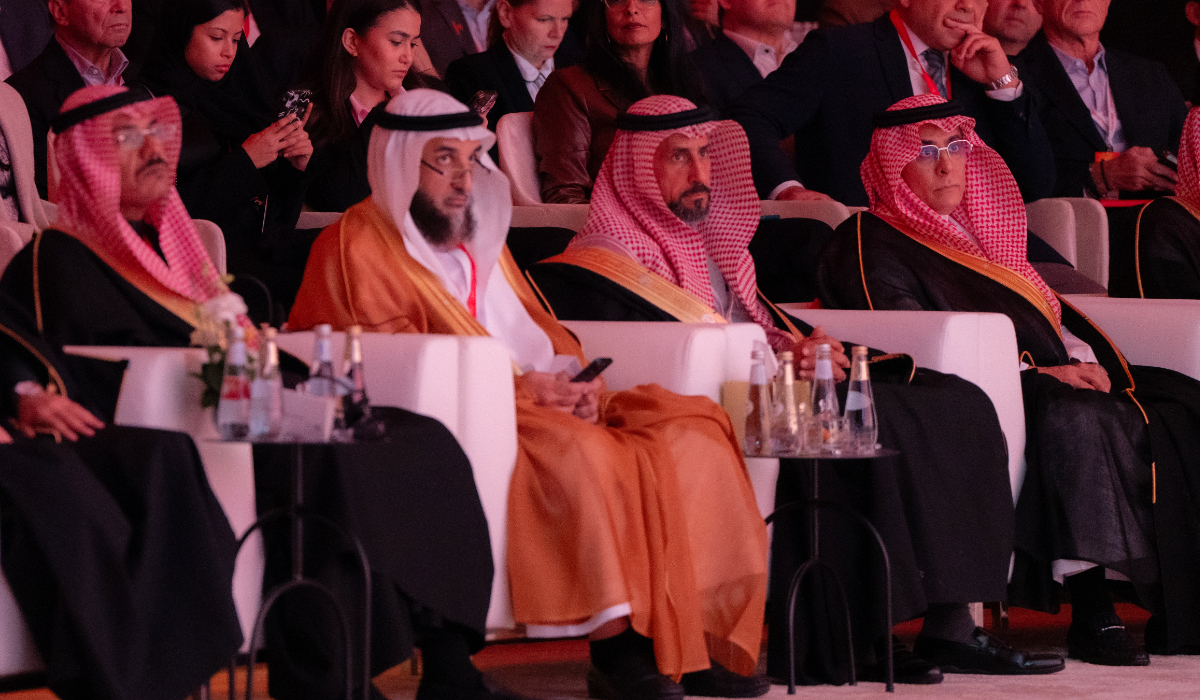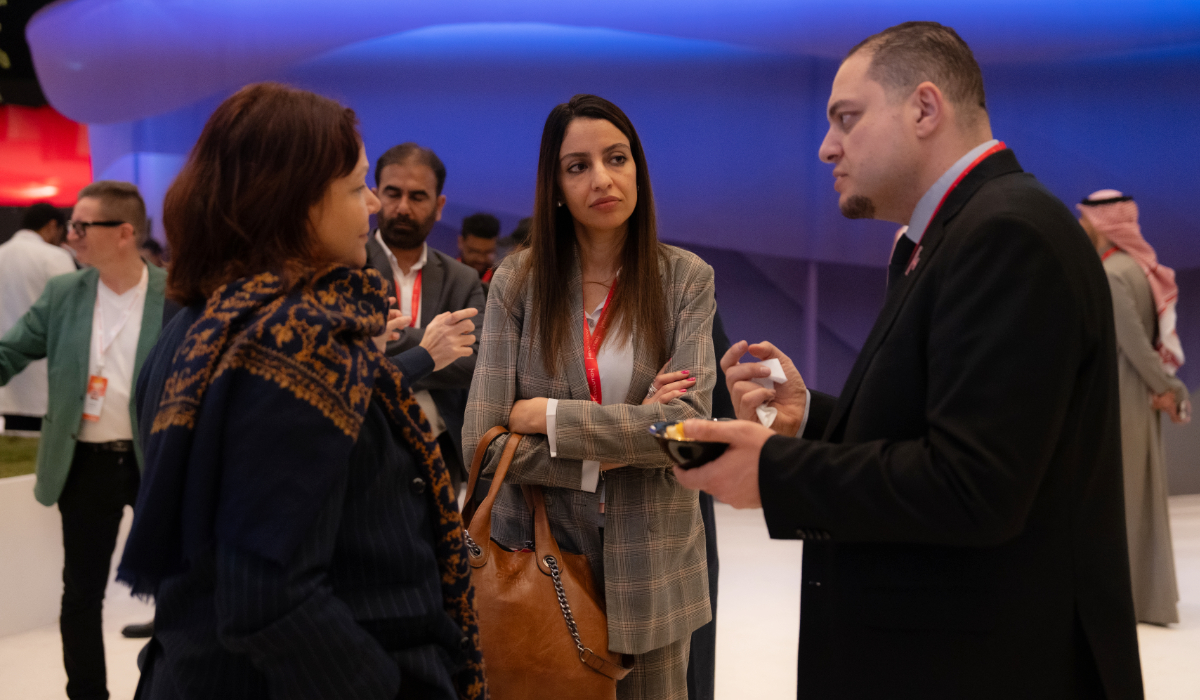MAKKAH: English teacher turned cultural host Fathima Alayan has opened her Riyadh home to tourists to showcase the Kingdom’s rich heritage and hospitality.
Her initiative aligns with the national vision to strengthen cultural identity and showcase it to the world.
With her fluency in English and passion for Saudi heritage, Alayan has created an experience for visitors that blends traditional hospitality with displays of artifacts and clothing and even cookery lessons.
Alayan is part of the Hihome program, which offers visitors the chance to get to know Saudi culture by visiting real homes and farms and eating and cooking with the families.
The program aims to present a positive image of Saudi culture, in line with the Vision 2030 goal of strengthening national identity and preserving heritage.
“I carry the responsibility of showcasing my country’s identity and the culture of the Saudi family to the world by hosting foreign tourists in my modest home, in alignment with the vision of my leader, Crown Prince Mohammed bin Salman,” Alayan told Arab News.
Alayan stands as a role model for spreading the values and ethics of Saudi society and represents Saudi women as active contributors to national initiatives.
For visitors, the experience begins with authentic Saudi coffee and a selection of traditional dates and desserts, such as luqaimat, masabib and hanini. This is followed by a sumptuous lunch or dinner featuring dishes like kabsa, mandi, jareesh, marqouq, each prepared with love and precision.
“It’s not just about serving food; my family and I also share with them how each dish is prepared, giving them a true glimpse into our culture and way of life,” Alayan said.
The experience includes an introduction to traditional Saudi clothing, which visitors are invited to wear and have their photos taken to commemorate their visit.
“The tourists’ interaction with our traditional clothing and their love for the experience leave a significant impression on their hearts,” Alayan said.
“It confirms to me that my work has a positive impact in enhancing the image of Saudi society globally.”
Speaking about the guests she dreams of hosting in her home, she said: “I hope to have the honor of hosting Crown Prince Mohammed bin Salman, Minister of Tourism Ahmed Al-Khateeb, Minister of Culture Prince Badr bin Farhan Al-Saud and Adviser Turki Al-Sheikh to support this pioneering national project.”
Alayan considers her participation in the Hihome program, via the hihome.sa app, a crucial step toward achieving her ambitions.
Hihome founder and CEO Nourah Al-Sadoun said: “We have nine categories of experiences. These include home and food tours, cooking experiences, heritage arts and crafts and camel rides. Each experience is designed to give visitors a true taste of Saudi life.”
Alayan is among the platform’s standout hosts who has been opening up her home to visitors for more than four years.
“Fathima is a lovely host who embodies the beauty of Saudi culture and traditions,” Al-Sadoun told Arab News.
“She has welcomed many guests into her home, where they have enjoyed not only her hospitality but also her passion for sharing Saudi heritage.”
As a passionate cook, Alayan offers hands-on cooking experiences and ensures that every visitor leaves with beautiful memories of Saudi culture and traditions.
“My message to the world is that Saudi Arabia is not just a country rich in resources but also rich in values, culture and people,” she said. “I invite everyone to visit my country and discover our culture up close.”


































